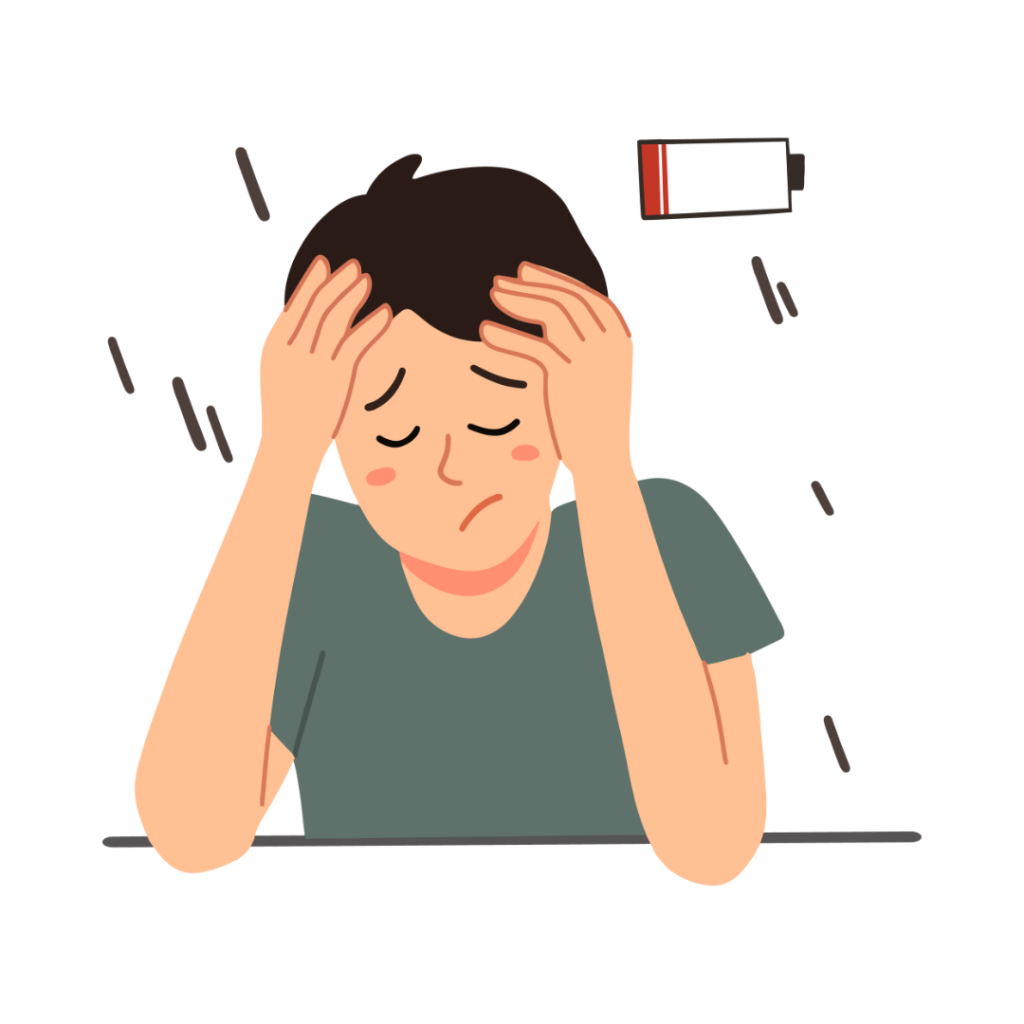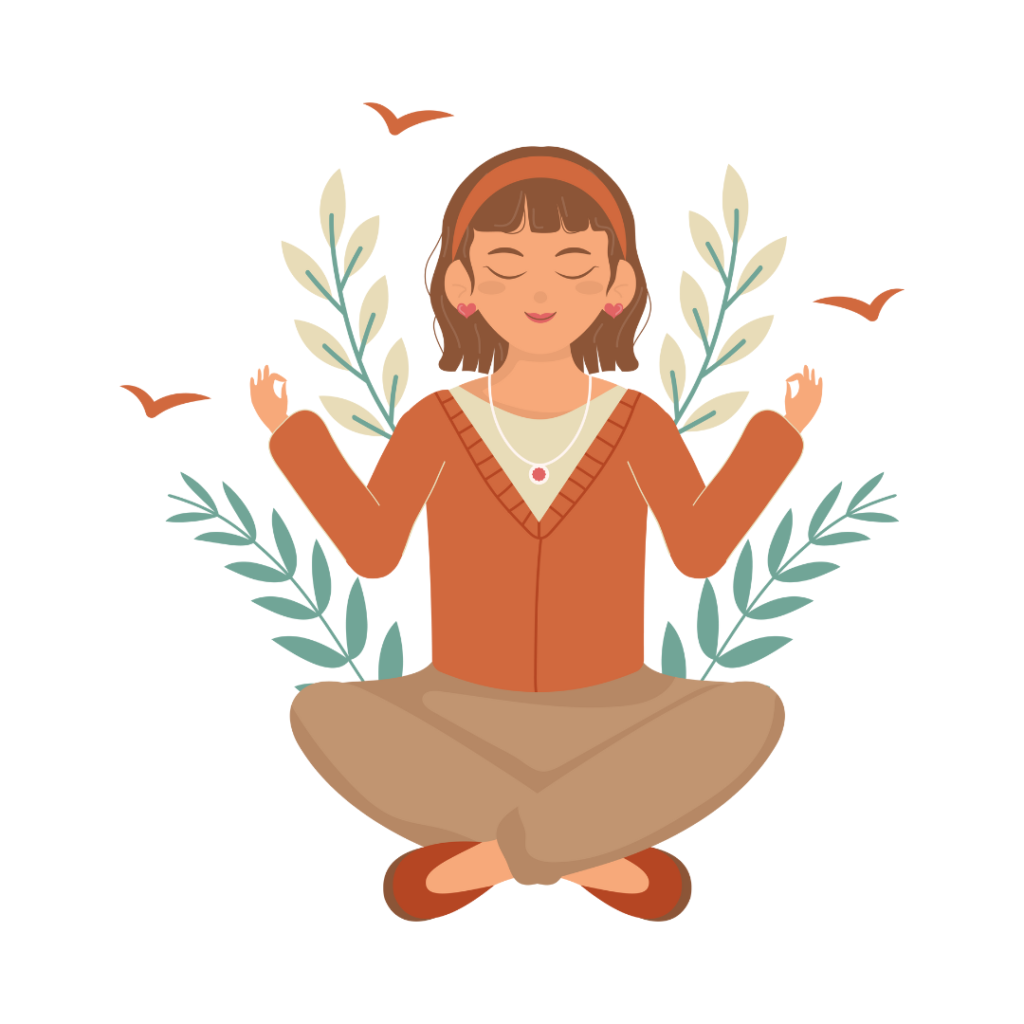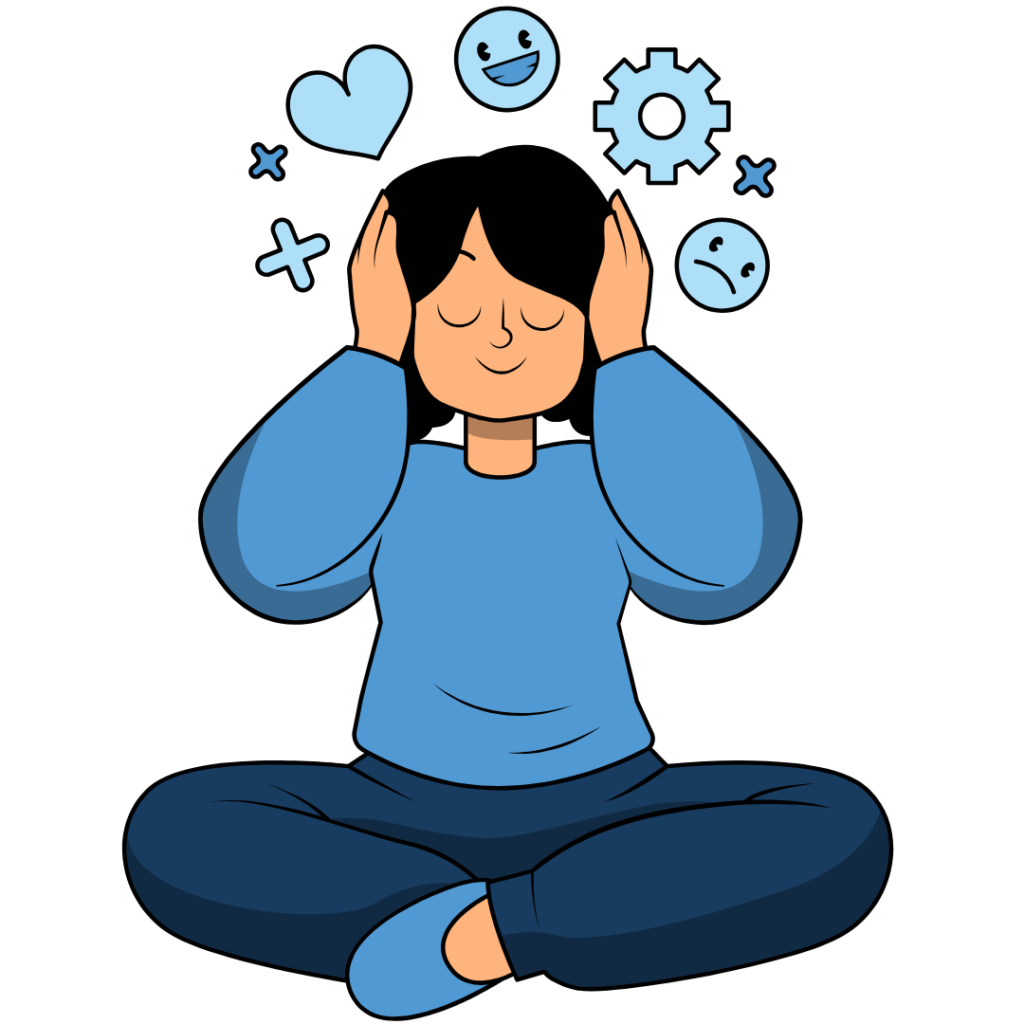“10 Powerful Techniques: How Do I Reduce Stress?” is more than just a question—it’s a solution to one of the most common challenges we face in today’s fast-paced world. Stress can creep into every aspect of our lives, whether it’s work deadlines, personal responsibilities, or unexpected challenges. While some stress is normal, prolonged or intense stress can affect mental clarity, emotional balance, and overall health.
This blog is designed to provide you with actionable techniques to help you regain control. From simple daily practices to life-changing habits, these methods are easy to implement and highly effective. Whether you want to calm your mind, boost your energy, or enhance your resilience, these 10 powerful techniques are your roadmap to a less stressful and more fulfilling life.
Let’s begin this journey toward a calmer, healthier, and happier you.
Table of Contents
What is Stress?
Stress is the body’s natural response to a perceived threat or challenge, often referred to as the “fight or flight” response. This response releases hormones like adrenaline and cortisol, which prepare your body to react. While this mechanism is essential for survival, it becomes problematic when activated too often or for prolonged periods.
Some common causes of stress include:
- Work-related pressures
- Financial difficulties
- Relationship conflicts
- Health issues
- Major life changes
Understanding the source of your stress is the first step toward managing it effectively.

The Impact of Stress on Your Health
Unchecked stress affects more than just your mood. It can lead to:
- Headaches and migraines
- Digestive problems
- Weakened immune function
- Sleep disturbances
- Increased risk of anxiety and depression
By incorporating stress-management techniques into your daily routine, you can mitigate these effects and improve your overall quality of life. Let’s dive into the top ten strategies you can use to combat stress.
Understanding Stress and Its Impact on Your Life
Stress is a natural response to challenges, but chronic stress can have severe effects on your health.
- Short-term stress: Activates the “fight or flight” response, releasing hormones like cortisol.
- Long-term stress: If left unmanaged, it can lead to anxiety, depression, and physical health problems.
- Physical effects: Chronic stress weakens immunity, contributes to heart disease, and impairs memory.
- Mental effects: It can reduce cognitive function, leading to difficulties in decision-making and problem-solving.
Recognizing stress symptoms like fatigue, irritability, and sleep disturbances is the first step toward managing it.
The Role of Lifestyle Changes in Reducing Stress
Your lifestyle choices are crucial in how well you manage stress.
- Exercise: Regular physical activity like yoga, walking, or swimming releases endorphins, reducing stress levels.
- Healthy diet: Incorporate foods rich in antioxidants, omega-3s, and vitamins to help regulate stress hormones.
- Sleep: Adequate sleep is essential. Lack of rest increases cortisol and reduces your ability to cope with stress.
- Reduce stimulants: Minimize caffeine, sugar, and alcohol to prevent them from increasing anxiety or disturbing sleep.
A consistent routine with these habits forms the foundation for better stress management.

Mindfulness and Mental Strategies for Stress Management
Mental strategies like mindfulness and cognitive techniques help manage stress effectively.
- Mindfulness: Focus on the present moment to break free from stress-inducing thoughts about the past or future.
- Meditation: Practices like guided imagery and body scans can relax your mind and lower cortisol levels.
- Cognitive Behavioral Therapy (CBT): Helps reframe negative thinking patterns, turning stressful situations into opportunities for growth.
- Journaling: Writing your thoughts down can help you identify stress triggers and provide clarity.
Incorporating these techniques into your daily life can significantly reduce your overall stress.
The Importance of Social Support and Communication
Social connections play a crucial role in relieving stress.
- Talking to others: Discussing your worries with trusted friends or family can provide emotional relief and new perspectives.
- Support groups: Joining groups, either online or in person, helps you feel understood and supported.
- Quality time: Spend time with loved ones to nurture relationships and build a strong support network.
- Setting boundaries: Clear communication and boundaries can reduce stress from conflicts or over-commitments.
Don’t hesitate to lean on your support network when life feels overwhelming.
Building Resilience for Long-Term Stress Reduction
Building resilience is key to handling stress in the long term.
- Self-awareness: Understand your stress triggers and how you react to them.
- Problem-solving: Cultivate problem-solving skills to address challenges with a positive mindset.
- Self-care: Engage in hobbies, nature walks, or relaxation activities to recharge.
- Professional help: Therapy or counseling can provide tailored coping strategies.
Resilience allows you to not only manage stress but thrive in the face of adversity.

10 Powerful Techniques: How Do I Reduce Stress?
1. Practice Deep Breathing
Why it works: Deep breathing stimulates the parasympathetic nervous system, responsible for relaxation. It slows your heart rate, reduces blood pressure, and lowers cortisol levels.
How to do it:
- Find a quiet place to sit or lie down.
- Close your eyes and take a deep breath in through your nose for a count of four.
- Hold your breath for four seconds.
- Exhale slowly through your mouth for a count of six.
- Repeat this cycle for 5-10 minutes.
Real-life example: Many professionals use deep breathing before a presentation or meeting to calm their nerves. Athletes often use this technique to focus before competitions.
2. Incorporate Regular Exercise
Why it works: Physical activity releases endorphins, the body’s natural mood elevators. Exercise also helps regulate sleep patterns and boosts self-confidence.
Recommended activities:
- Cardio exercises: Running, cycling, swimming
- Strength training: Lifting weights, resistance bands
- Mind-body exercises: Yoga, tai chi
Pro tip: You don’t need to hit the gym for hours. Even a 20-minute walk outdoors can significantly reduce stress levels.
Scientific insight: A study published in Psychoneuroendocrinology found that just 30 minutes of moderate exercise can reduce cortisol levels and improve mood.
3. Mindfulness Meditation
Why it works: Mindfulness helps you focus on the present moment, breaking the cycle of stress-inducing thoughts. Regular meditation rewires your brain to handle stress better.
How to get started:
- Find a quiet space.
- Sit comfortably and close your eyes.
- Focus on your breath. When your mind wanders, gently bring your attention back to your breath.
Apps to try: Headspace, Calm, Insight Timer
Pro tip: Start with just 5 minutes a day and gradually increase the duration as you feel more comfortable.
4. Time Management
Why it works: Poor time management often leads to last-minute stress and feelings of being overwhelmed. Organizing your tasks can help you stay in control and focused.
Tips for better time management:
- Use a planner or app: Tools like Notion, Google Calendar, or Trello can help you track tasks.
- Prioritize tasks: Apply the Eisenhower Matrix—focus on what’s urgent and important.
- Break tasks into smaller steps: This makes large projects more manageable.
Example: If you have a big report due, break it into smaller tasks like research, outline, writing, and editing. Set deadlines for each step to stay on track.
5. Connect with Nature
Why it works: Spending time in nature lowers cortisol levels, improves mood, and increases focus. The calming effects of greenery and natural sounds can counteract the chaos of modern life.
Ideas to try:
- Go for a hike or walk in a park.
- Sit by a lake or beach.
- Bring nature indoors with plants or a small garden.
Scientific insight: Research published in Frontiers in Psychology found that spending just 20 minutes in a natural setting significantly reduces stress hormone levels.
6. Build Strong Relationships
Why it works: A strong support system helps you feel valued and understood. Talking to loved ones can provide relief and perspective during tough times.
Tips to foster connections:
- Schedule regular check-ins with friends or family.
- Join community groups or clubs with shared interests.
- Don’t hesitate to seek help when needed—it’s a sign of strength, not weakness.
Example: If work stress is piling up, sharing your thoughts with a close friend or mentor can help you feel lighter and gain new insights.
7. Practice Gratitude
Why it works: Gratitude shifts your focus from what’s wrong to what’s going well, reducing stress and boosting happiness.
How to start a gratitude practice:
- Keep a journal and write down three things you’re grateful for each day.
- Share your gratitude with others—send a thank-you note or express appreciation verbally.
Pro tip: Reflect on specific moments. For example, instead of “I’m thankful for my family,” write, “I’m grateful for the laughter during dinner with my family tonight.”
8. Limit Caffeine and Alcohol
Why it works: Both caffeine and alcohol can exacerbate anxiety and disrupt sleep, making stress harder to manage.
What to do:
- Gradually reduce caffeine intake, especially in the afternoon and evening.
- Replace alcoholic drinks with healthier alternatives like herbal teas or infused water.
Example: If you usually rely on coffee to get through stressful afternoons, try switching to green tea, which contains L-theanine—a compound that promotes relaxation.
9. Engage in Hobbies
Why it works: Hobbies provide an enjoyable distraction from stress and a sense of accomplishment.
Ideas to explore:
- Creative pursuits: Painting, writing, playing music
- Physical activities: Gardening, dancing, hiking
- Mind-challenging hobbies: Puzzles, reading, learning a new skill
Real-life example: Many people find cooking therapeutic—it combines creativity, focus, and tangible rewards (a delicious meal!).
10. Seek Professional Help
Why it works: Sometimes, stress can become overwhelming and require expert guidance. Therapists can help you identify triggers and teach you effective coping strategies.
Options to consider:
- Cognitive Behavioral Therapy (CBT): Helps reframe negative thought patterns.
- Mindfulness-Based Stress Reduction (MBSR): Combines mindfulness and meditation techniques.
- Counseling: Provides a safe space to discuss your feelings and challenges.
Pro tip: Therapy isn’t just for crises—it’s a proactive step toward better mental health.
Integrating These Techniques Into Your Life
Reducing stress effectively requires gradual, consistent changes. Here’s how you can integrate these techniques into your life:
- Start small: Begin by choosing one or two techniques that resonate with you, such as mindfulness or regular exercise. Focus on these first.
- Create habits: Make these practices part of your daily routine. Consistency is key to seeing results over time.
- Gradually add more techniques: Once you’re comfortable with your initial practices, slowly incorporate additional stress-reduction techniques like healthy eating or journaling.
- Set realistic goals: Don’t overwhelm yourself with too many changes at once. Set achievable goals that you can build on as you progress.
- Track your progress: Keep track of how you feel over time. Noticing small improvements can motivate you to continue.
- Be patient: Stress reduction takes time. Stick with the process, and allow yourself to adjust at your own pace.
By starting small and being consistent, you’ll gradually build resilience and sustainably reduce your stress levels.
Final Thoughts
Stress is an unavoidable part of life, but it doesn’t have to control you. By implementing these techniques, you can create a personal toolkit to manage stress effectively. Remember, self-care isn’t selfish—it’s essential for your well-being.
What stress-reduction techniques work best for you? Share your thoughts and experiences in the comments below!
FAQ: How Do I Reduce Stress?
How do I reduce stress quickly?
To reduce stress quickly, practice deep breathing exercises. Inhale deeply through your nose, hold your breath briefly, and exhale slowly. Repeating this for a few minutes can help you feel calmer and more centered.
How do I reduce stress naturally?
Stress can be reduced naturally by engaging in physical activity, practicing mindfulness or meditation, spending time outdoors, and maintaining a balanced diet. These simple, holistic habits support your body and mind without the need for medication.
How do I reduce stress at work?
Reducing stress at work involves organizing your tasks with a to-do list, taking short breaks to recharge, practicing mindfulness during busy moments, and discussing workload concerns with your supervisor or colleagues if needed.
How do I reduce stress while studying?
Students can reduce stress by breaking study sessions into smaller, focused intervals, staying organized with a planner, taking regular breaks to avoid burnout, and consuming healthy snacks like nuts, fruits, or yogurt to stay energized.
How do I reduce stress and anxiety at night?
To reduce stress and anxiety at night, create a calming bedtime routine that may include reading, meditating, or gentle stretches. Avoid screens and caffeine before bed, and consider journaling your thoughts to ease worries before sleeping.
How do I reduce stress through exercise?
Exercise helps reduce stress by releasing endorphins, which improve mood and energy levels. Activities like walking, yoga, swimming, or dancing can be particularly effective. Even a short, brisk walk can have a positive impact on your stress levels.
How do I reduce stress through diet?
A well-balanced diet can lower stress levels. Incorporate foods rich in nutrients like leafy greens, berries, nuts, and fatty fish. Avoid excessive consumption of caffeine, sugar, and processed foods, which can exacerbate stress.
How do I reduce stress when I feel overwhelmed?
When feeling overwhelmed, pause to take deep breaths and regain focus. Break larger tasks into smaller, manageable steps, prioritize the most urgent responsibilities, and reach out to friends or family for emotional support.
How do I reduce stress in relationships?
In relationships, open and honest communication is key to reducing stress. Practice active listening, set healthy boundaries, and spend quality time together to nurture the connection and resolve misunderstandings.
How do I reduce stress long-term?
To manage stress in the long term, make regular exercise, mindfulness, and hobbies part of your daily routine. Build strong relationships, focus on effective time management, and seek professional support like therapy if necessary.


You are a very smart person!